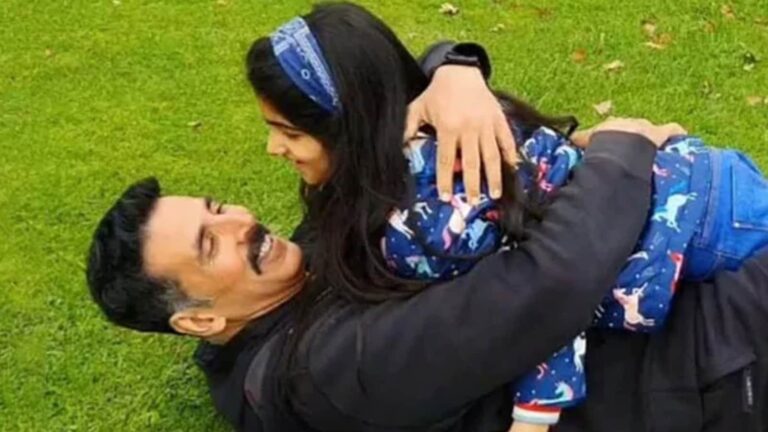DIFF Review: Exploring ‘Young Mothers’ by the Dardenne Brothers

Exploring Teenage Motherhood in Young Mothers
Motherhood is a challenging journey that tests one’s spirit in many ways. For young mothers, especially, the experience can be overwhelming. The film *Young Mothers* showcases four teenagers as they navigate their new roles, battling issues like addiction, love, and unstable family conditions.
Set in Liege, Belgium, this film brings us into the lives of Jessica, Perla, Julie, and Araine. Each faces their own struggles in this tumultuous period of life. There’s no joy of pregnancy, no supportive partners, just a sense of urgency as Jessica anticipates her child’s arrival, longing for her own mother who left her during childhood.
On the other hand, Perla attempts to connect with her baby’s father, who is indifferent to her needs. Julie grapples with her addiction, unsure if she can rise to the challenges ahead. Araine, shaped by her abusive upbringing, is acutely aware of the struggles she might inflict on her own child and considers giving her baby up for adoption.
All four want to affirm their identities as mothers yet wrestle with fears of abandonment and guilt. Their relationships with their children symbolize their aspirations but are fraught with confusion.
A Complex Narrative on Motherhood
What stands out in *Young Mothers* is its multifaceted approach to storytelling. The Dardenne Brothers delve into the complexity of teenage motherhood without oversimplifying the experience. They masterfully craft a narrative that explores the emotional turmoil these young women endure.
The film employs handheld camera work, creating an intimate connection with the characters and heightening the tension. These real-life stories resonate with viewers, showcasing the directors’ trust in their audience’s ability to interpret the events unfolding on screen.
Following the screening at the Dharamshala International Film Festival (DIFF) 2025, discussions ranged widely. Was this film about universal themes of motherhood? Did it touch upon the theme of unaddressed postpartum emotions? Or was it more about the quest for identity that challenges traditional views of motherhood?
Ultimately, while conclusions may evade the audience, the quest for resolution becomes a narrative closure in itself.
What are your thoughts on the portrayal of teenage motherhood in film?





